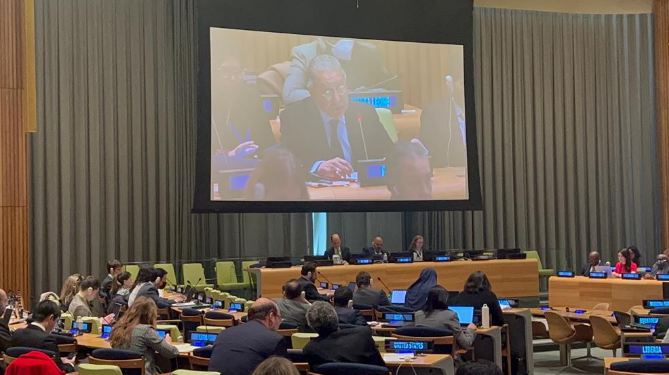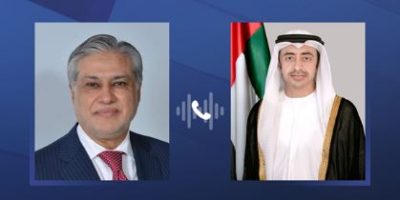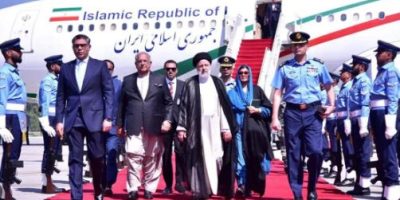Pakistan warns against any imposed solutions

UNITED NATIONS, Feb 17 (DNA): Pakistan has called for evolving a “model” for restructuring the UN Security Council through patient exchanges, mutual accommodation and compromise acceptable to the widest possible majority of member states, saying that any other course of action would lead to a “dead-end”.
“We remain opposed to attempts to steer member states towards solutions imposed by votes and majorities,” Ambassador Munir Akram told delegates when the long-running Inter-Governmental Negotiations (IGN) aimed at reforming the 15-member Council resumed on Thursday, while noting that some permanent members were behind those attempts in their bid to preserve their own privileged position.
“That course of action is a siren call to deadlock and a dead-end,” the Pakistani envoy warned, adding that such attempts in the past led to an impasse and the breakdown of negotiations.
“We remain convinced that the IGN process offers the best avenue to reach an agreed outcome to the question of equitable representation and reform of the Security Council,” Ambassador Akram said.
“It is only through patient exchanges, mutual accommodation and compromise that we can broaden the areas of convergence and reduce the points of divergence and thus evolve a ‘model’ for the reform that can be accepted by the widest possible majority of Member States, as stipulated in Decision 62/557 of the General Assembly,” he added.
Full-scale negotiations to reform the Security Council began in the General Assembly in February 2009 on five key areas — the categories of membership, the question of veto, regional representation, size of an enlarged Security Council, and working methods of the council and its relationship with the General Assembly.
Progress towards restructuring the Security Council remains blocked as G-4 countries — India, Brazil, Germany and Japan — continue pushing for permanent seats in the Council, while the Italy/Pakistan-led Uniting for Consensus (UfC) group firmly opposes any additional permanent members.
As a compromise, UfC has proposed a new category of members — not permanent members — with longer duration in terms and a possibility to get re-elected.
The Security Council is currently composed of five permanent members — Britain, China, France, Russia and the United States — and 10 non-permanent members elected to two-year terms.
In his remarks, Ambassador Akram said the most important change in global realities was that, in contrast to 1945 — the year the UN was established by 51 countries — today it is constituted by 193 mostly small and medium-sized States largely from Asia, Africa and Latin America.
“An expanded and reformed Security Council must offer equitable representation, in accordance with their numbers, to these small and medium-sized States,” the Pakistani envoy said.
The regional approach, espoused by the UfC and the African Group, he added, offered the best avenue to achieve this objective.
As regards the issue of veto, Ambassador Akram said it has been responsible often for preventing the Security Council from taking decisive action for the maintenance of international peace and security.
“It is precisely for this reason that the UfC believes that a reform of the Council should not add permanent members which would add several additional States with the possibility to block and stymie its effective functioning,” he said.
Noting various proposals put forward in this regard, the Pakistani envoy said, “We believe that the veto rights of the existing permanent members should be abolished or at least severely restricted, and that the right of veto should not be expanded. Nor should new permanent members be added to the Council, with or without veto, in particular since this would deny equitable representation to the rest of the UN membership and make it even most undemocratic and unaccountable.”
Related News

Dar extends sympathy to UAE over torrential rains devastation
ISLAMABAD, APR 24: /DNA/ – Foreign Minister of Pakistan, Ishaq Dar held telephone conversation withRead More

PTI blasts FO for silence over US warning of imposing sanctions for doing business with Iran
Govt should issue befitting, solid response to US administration threatening statement ISLAMABAD: /DNA/ – PakistanRead More


Comments are Closed